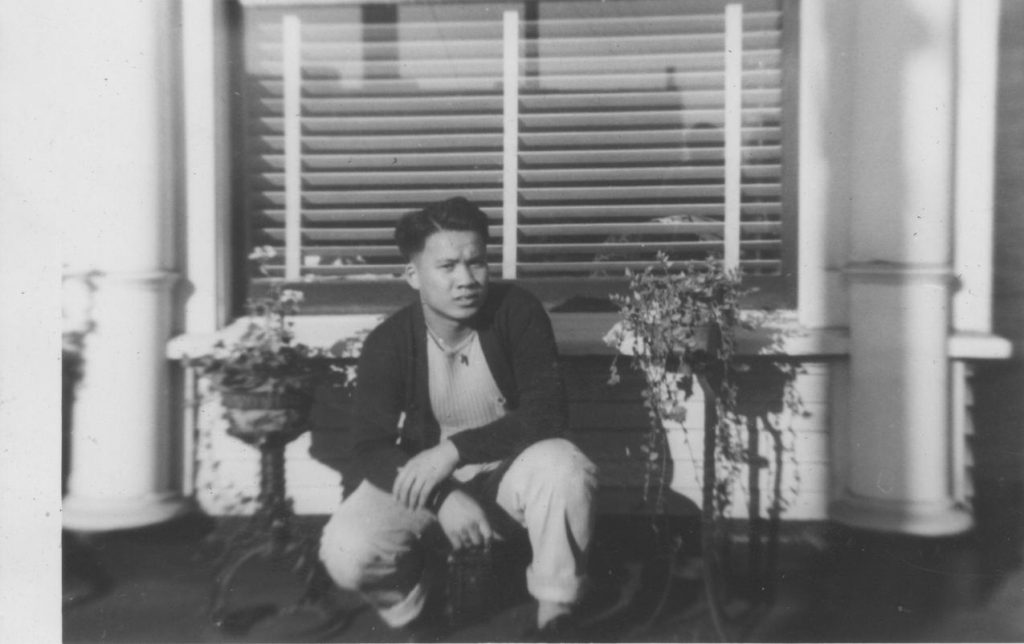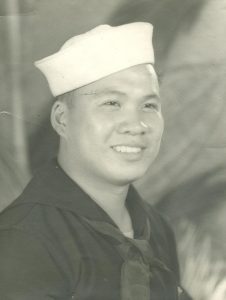Irvin Lai
Irvin Lai gave a lifetime of military service.

About
Written by Annie Luong
Irvin Lai was born in 1927 on a farm in the outskirts of Locke, California. His mother was born in San Francisco in 1904 and his father was the son of an American citizen, but was born in China and lived there until his twenties. Irvin remembers Locke being a small town, densely populated with Chinese from the Zhongshan district. Growing up, he attended Walnut Grove Oriental School. The school was exclusively for Asians and Pacific Islanders. He recalls, “Locke is a regimented area, it’s an area that we know everybody, you know, by their nickname, not just their name.”
In 1942, when Irvin had just finished the eighth grade, he and his family moved to Los Angeles. His uncle was running a restaurant and had been drafted into the army, thus his mother thought moving to Los Angeles and taking over the restaurant would provide more opportunity for the family. Irvin attended Virgil Junior High School and later went to Belmont High School. At Belmont, Irvin was a part of the Chinese Club, ROTC and played varsity football. During his high school years he also organized the United Chinese Christian Youth Fellowship (UCCYA).
During his teen years, Irvin recalls going to Broadway and Main Street to watch movies, including those that featured Anna May Wong. He remembers listening to artists such as Bing Crosby and the radio show, “Your Hit Parade.” Back in those days, “we used to sit and pick ten songs and send it in to Lucky Strike and if you get all ten, you get a premium, you get a tin of cigarettes free.”
Around 1945, Irvin entered the merchant marines and served for two years in food service. Since he was underage, his mother had to fill out a consent form. At the time Irvin was still in school, but being in ROTC increased his interest in the military. He felt that by joining, he could do more for his country. During his two years, he learned how to cook American food, bake, and cut up whole sides of beef. He recalls “when you buy a pound of hamburger, they give you a pound of hamburger [at the market]. When they do [in the military], they give you a whole side of beef. You cut up the beef, cut out the bone and grind the meat yourself. There you learn how to do butchering.”
In 1950 Irvin was drafted in the Korean War and served in the 4th infantry division and 42nd field artillery. He was sent to Fort Ord and then transferred to Fort Benning for advanced infantry training and artillery training. In Germany, “every building, everything had a big hole in it. We shoot up everything. There’s not a big building that hadn’t a hole in it.” When asked about discrimination in the service, Irvin responded, “Yes, it does bother me much of those prejudice, but I cannot do much about it and it still hurts.”
Features
Other photos

